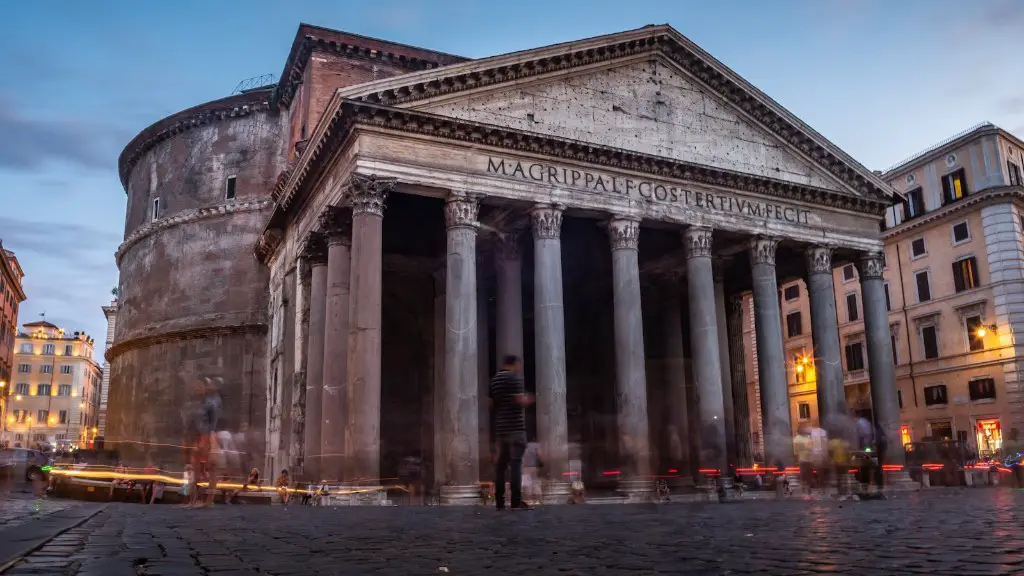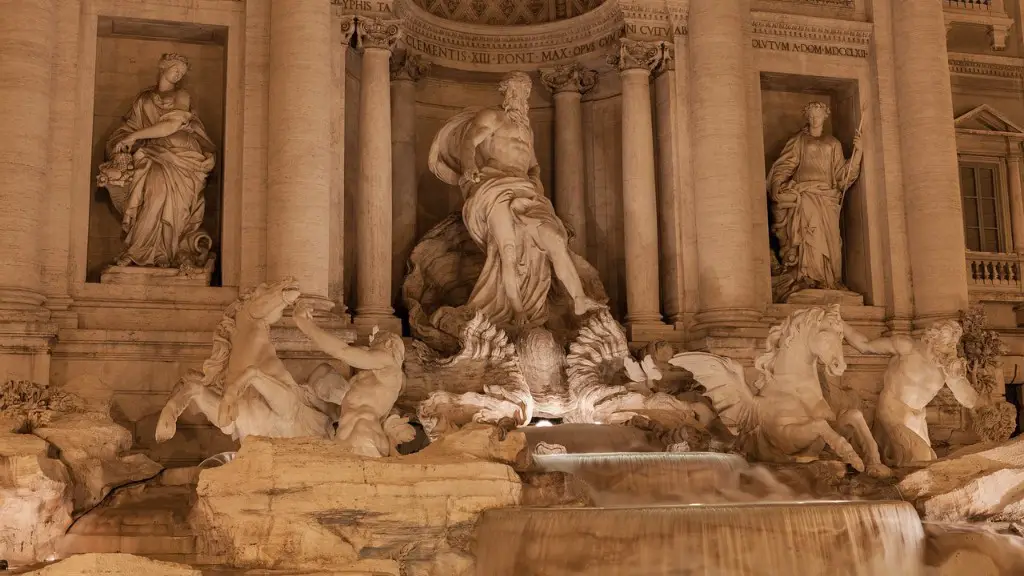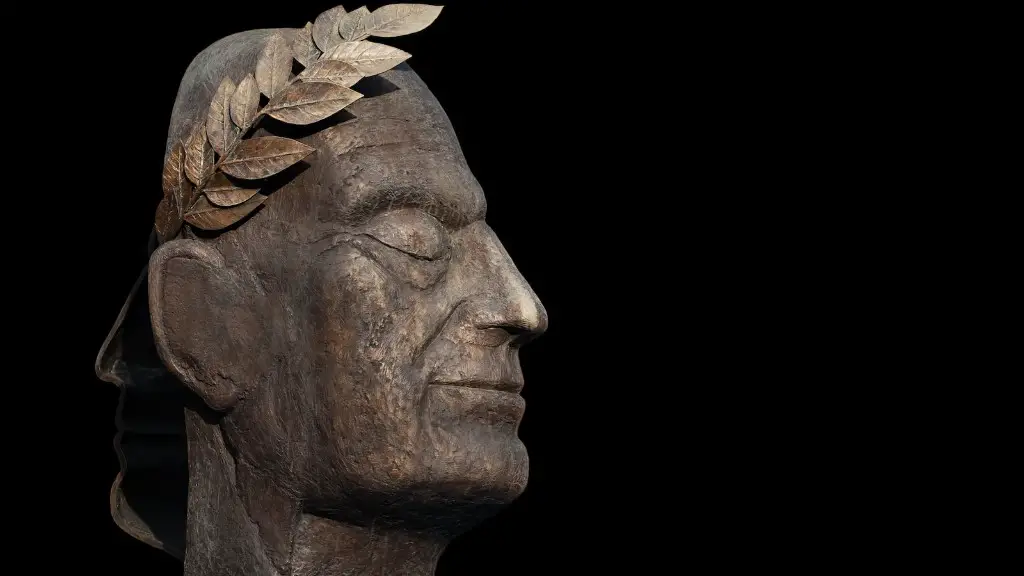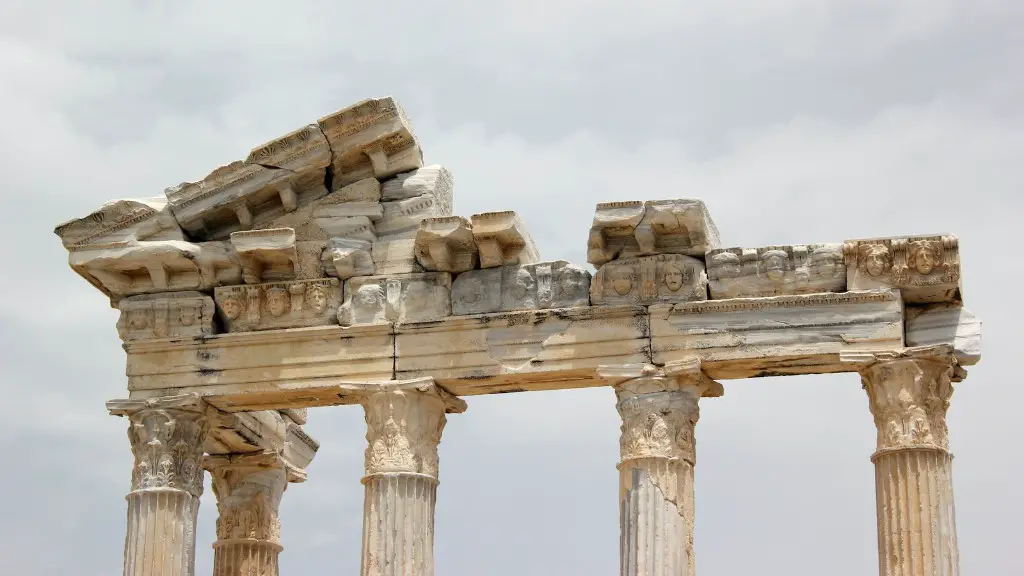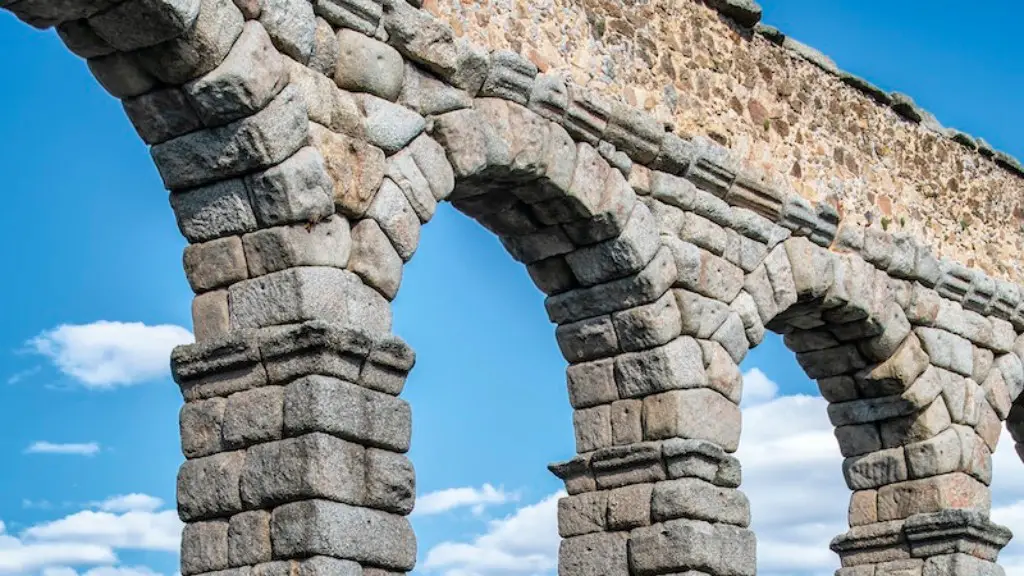The Role of the Senate in Ancient Rome
The Senate of Ancient Rome was a powerful body in the Roman Republic, and a crucial part of the political and legal system during the Roman Empire. The Senate had the power to declare war, pass laws, and codify Roman legal decisions. This body was central in the rise and fall of Rome, and it had an impact on all aspects of Roman life. In this article, we will look at the central role of the Senate in Ancient Rome, discussing the various ways it functioned and the important functions it accomplished.
The Senate developed from archaic, informal councils found in early Rome. By the time of the Republic, it had become a powerful body, appointed by the magistrates who led the Roman Republic. During the Republic, the Senate acted as a legislative body. It could create laws, amend existing laws, and vote to ratify or reject decisions from the executive magistrates. The Senate also controlled foreign policy, declaring war and negotiating treaties. This body was also important for establishing precedents for Roman law, which allowed for a body of law to be codified and referenced as one single entity.
The Senate also had an important role in Roman politics. During the Republic, it served as a forum for debate, allowing citizens to express their thoughts on the various options presented by the magistrate. It was also vital in the selection of political leaders, as proposed candidates were carefully discussed by the senators and their judgments played a large role in the election of magistrates. In the Empire, the Emperor held supreme power, but the Senate had influence over him and could be used a tool to influence the emperor’s decisions.
The Senate also held a judicial role in Ancient Rome. It does not have any official judicial authority, but it sometimes served in a judicial capacity. In some cases, senators served as jurors and helped to evaluate evidence and hear cases. The Senate often dealt with political issues, such as treason and state-sponsored violence. This was sometimes done in an informal capacity, but in other cases, the Senate formally issued judgments.
The Senate was also influential in the Roman economy. It could propose or amend laws related to taxation, trade, and finance. It could also issue financial charters, which granted certain rights or privileges to business organizations. This allowed these organizations to operate with greater freedom and efficiency.
Finally, the Senate was a crucial factor in preserving the Roman Republic and later the Roman Empire. When times were tough and the government collapsed, the Senate provided a stabilizing force. In some cases, it could take action to halt violence and restore order. In other cases, it could negotiate the terms of surrender or peace. It was a critical element in the harmonious rule of the Roman Empire.
Activities of the Senate
The Senate played a considerable role in the political activities of Ancient Rome. It could be used by the magistrates to pass laws and enact important measures. It also served as a forum for citizens to express their opinions and discuss critical matters. The Senate was also influential in military strategy, issuing orders and organizing strategies on the battlefield. Lastly, the Senate served as a judicial body, facilitating the trial of criminals and judiciously deciding cases.
The Senate had an important role in formulating public policy. During the Republican period, senators would often debate potential laws and decide which would be beneficial. In addition, the Senate had an important role in foreign policy. It could resolve disputes with other nations, sign treaties, and declare war. This body also played a key part in constructing and maintaining relations with Rome’s allies.
The Senate also had a militaristic role. During the Republic, senators were able to approve campaigns against enemies and discuss strategies. During the Empire, the Emperor had more control over military decisions, but the Senate still played an important role in decisions such as mobilizing troops and deploying resources. The Senate could also act as a check on the Emperor if they saw he was endangering the safety of Rome.
Lastly, the Senate could act as a judicial body. This was not an official capacity, but senators often found themselves debating cases and even making judgements. They could decide whether a person was guilty or innocent, or what penalty to impose for certain crimes.
Administration and Procedure of the Senate
The Roman Senate was an important organization, and it operated with a official set of procedures and codes. During the Republic, the Senate was composed of members chosen by the magistrates. Each magistrate was responsible for selecting a certain number of senators to represent the region they governed. The Senate met frequently and convened in a curia or special chamber.
During the Republic, the Senate typically consisted of 300 members. This number, however, could vary wildly depending on the contours of the larger political landscape. During the Empire, the Senate had a much higher membership and was mostly composed of members granted by the emperor.
The proceedings in the Senate were conducted in public, but the content of the discussions was not always made public. The Senate held a freedom of speech, where senators were able to express their opinions without fear of persecution. Senators could propose laws or discuss important political issues, but their proposals had to be debated and voted on before they could become a reality.
The Senate was chaired by a magistrate who decided procedure and addressed the members of the Senate. They also had the power to silence speeches which they felt were inappropriate. The Senate passed laws, accepted gifts, drafted decrees, and appointed magistrates. The Senate also had the power to authorize campaigns against foreign nations and declare war.
Significance of the Senate in Ancient Rome
The Roman Senate played an important role in the functioning of the Roman Republic and later the Roman Empire. This body was essential for political and legislative decisions and had the authority to declare war, ratify laws, and oversee foreign policy. It also provided a space for citizens to express their opinions, and senators had a certain degree of freedom in their political activities. Lastly, the Senate exercised crucial judicial and military roles, providing necessary direction on critical matters.
The Senate was also important for the long-term stability of Rome. In times of crisis, it provided a stable force for debate and decision-making, which ensured a smoother transition between governments. It also served as a check on the power of the Emperor, allowing it to intervene in the event of decisions which it felt were detrimental to the state. All of these features made the Roman Senate a significant part of the Roman political and social landscape.
The Senate was also essential for the development of Roman law, as its members created precedents which shaped its evolution. This body was also influential beyond the borders of Rome, as it negotiated treaties and alliances with foreign governments. It provided an anchor for Rome’s relationships with its allies, maintaining the peace and order which allowed the Empire to thrive.
Conclusion
The Roman Senate was an important part of the political, economic, and legal system of Ancient Rome. It played an essential role in the functioning of the Republic and the Empire and had a significant impact on the lives of the people during those times. The Senate was a powerful body which created the laws, decided foreign policy, and preserved the social stability of Rome. Its importance is still felt today and it will remain an enduring legacy of the Roman Republic and Empire.
